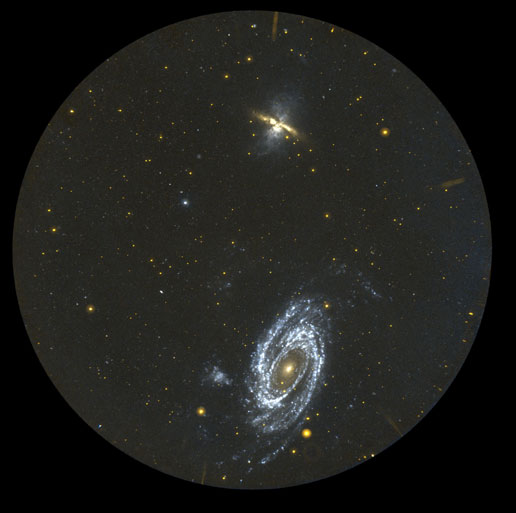|


|
|
Author
Index
A |
Brian
Aldiss |
|
Title
Index
The |
The
Dark Light Years |
|
|
|
|
| Year |
1964 |
| Publisher |
New
English
Library (Faber & Faber) |
| ISBN |
0881847267
(450007103) |
|
|
|
Synopsis
|
"Civilization
is the distance
that man has
placed between
himself and his
own excreta."
At least,
that's what Master
Space Explorer
Ainson
thought!
That was before
man stumbled
unexpectedly on an
alien race.
They looked at it
rather
differently.
They believed that
civilization was
the proximity of
man to his own
excreta.
It was
strange. Man
could never
communicate with
the aliens.
Yet, somehow,
their ideas
communicated
themselves only
too easily.
In no time at all,
Earth was
devastated by a
terrible conflict! |
|
|
|
Review
|
This
challenging novel
of interplanetary
morality is one of
the finest by
Brian Aldiss -
Britain's leading
writer of science
fiction.
In a myriad of
science fiction
writers, Brian
Aldiss has always
stood out because
of his ability to
infuse typical
genre scenarios
with unique
imagination and
gentle irony, and
The Dark Light
Years is the
author at his
best. The plot
follows humanity's
first contact with
an alien race
called the Utods,
an intelligent,
gentle people who
think technology
is a strange Idea
and socialize
using their
excrements(!).
Aldiss turns this
scenario into a
humorous but but
bleak fable about
human nature, with
lots of sideways
glances at heavy
philosophical
themes like the
nature of
communication,
religion and
progress. A great
book, halfway
between Ellison
and Asimov.
Thoroughly
recommended.
Thomas
Herlofson |
|
|
_______________________________________________________
 |
|
|
Credit:
NASA
|
|
The
Dynamic
(Galactic)
Duo
Celebrating
one year
since the
launch of
NASA's
Galaxy
Evolution
Explorer (GALEX),
this image
of M81 and
M82, a
pair of
galaxies
10 million
light-years
away,
illustrates
the
satellite's
unique
window on
the
universe.
The great
spiral of
M81,
similar in
size and
brightness
to our
Milky Way,
is in the
lower half
of the
image. The
stars in
its spiral
arms have
formed
within the
last 100
million
years, as
have most
of the
stars in
the nearby
dwarf
galaxy.
GALEX
reveals
that star
formation
is
occurring
quite
distant
from the
nucleus of
M81. The
nucleus,
or center,
of M81
shines
from the
light of
10-billion
year old
stars near
the end of
their
lives,
which
produce
their
energy by
burning
helium
into
carbon.
The upper
half of
the image
shows the
remarkable
star-forming
galaxy
M82. Star
formation
is so
violent in
this
galaxy
(viewed
from its
side) that
gas and
dust is
being
expelled
perpendicular
to its
disc. Once
thought to
be an
exploding
galaxy,
the flows
are caused
by the
supernova
explosions
from the
young
stars in
this
galaxy. |
|
NASA
Image of
the day
archive |
|
______________________________________________________
|
|


|

